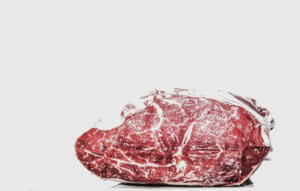Currently, no cancer health organizations, including AICR (American Institute for Cancer Research), recommend the ketogenic diet for cancer treatment or cancer prevention. Instead, the AICR recommends cancer survivors who finished their treatment to follow a diet filled with a variety of plant foods, including whole grains, vegetables, and fruit, with healthy proteins and limited amounts of red meat and highly processed, fatty and sugary foods.
Ketogenic Diet and Cancer Treatment, What Patients Should Know - American Institute for Cancer Research
Mya Nelson
September 17, 2018
The ketogenic diet is a hot topic these days, with news stories and multiple health claims spurring interest in this extremely high-fat and low-carb diet plan. One major area of activity centers around how the ketogenic diet may help individuals diagnosed with cancer.
The theories behind this potential health benefit are not new; they go back nearly 100 years. But emerging research in cellular metabolism and a handful of recent studies – including an AICR-supported study published in August – are adding insights into the possible effects of the ketogenic diet during cancer treatment.
“This is an important area of research that has the potential to significantly improve treatment responses,” said AICR’s Director of Research Nigel Brockton, Ph.D. “There are plausible mechanisms by which the ketogenic diet could help make treatment more effective, but, as we see many times, plausibility alone is not enough; it has to be tested. That’s why we are supporting research in this area.”
Currently, no major cancer health organizations, including AICR, recommend the ketogenic diet for cancer patients – or for cancer prevention.










